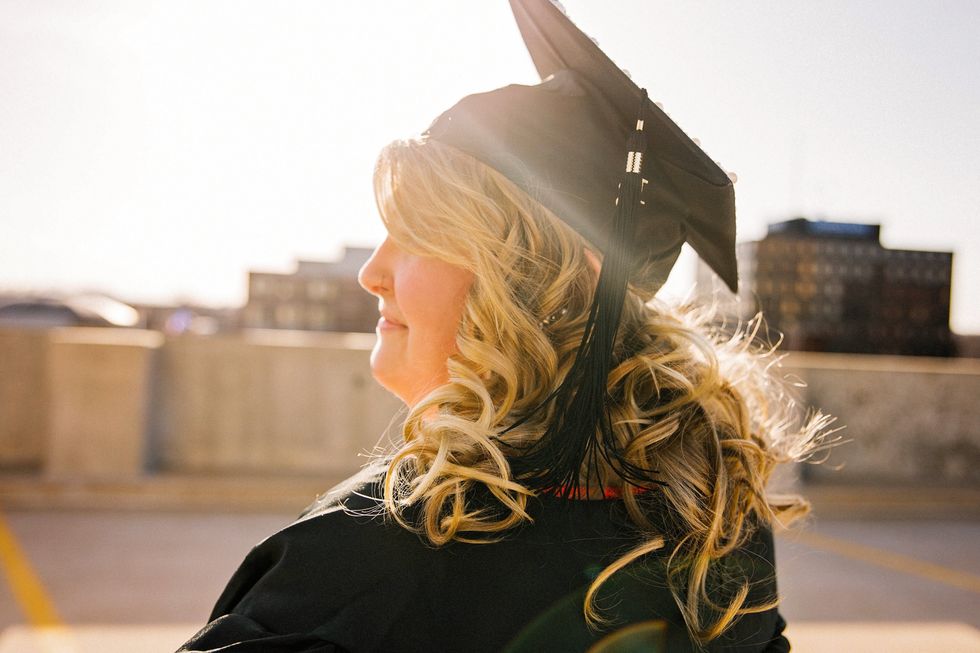In a busy student’s life, there are classes, clubs, group projects, work, and plenty of other things to keep us busy. We are always being pulled in five different directions, and would prefer to watch Netflix, browse Facebook, and just hang out with friends. Even with all the business of student life, we all still seem to spend a lot of our time on social media.
A recent study from Baylor University showed that college students spend between 8-10 hours on electronic devices for non-educational use. This includes, but is not limited to, texting, email, Facebook, Pinterest, Instagram, and various gaming systems. If we used a third of our day in a more productive way, what could we possibly do?
In the book, ‘Your College Experience’ by John Gardner, he and his colleagues outline a time management formula for students by the number of hours dedicated to something each day. The 8-8-8 formula suggests that by dividing the day into three categories, and assigning different aspects of life to each category, students can find an optimal balance. They suggest eight hours for sleep, eight hours for school, and eight hours for everything else including a job, extracurricular activities, and social interaction.
If we, as students, are using a third of our day, one of our eight-hour sections, simply to play on social media, what are we losing? Are we sacrificing sleep, school, or social interaction?
Studies from the National Sleep foundation have shown that we are actually missing out from each category. Sleep is generally the first category affected in students; however, the effect is really a chain reaction. When sleep is affected, memory is not retained as well, and studies can suffer.
A high use of social media has also been linked to poor health such as an increase for depression, increase in the stress hormone cortisol, increased risk for obesity, and the brain can be as addicted to social media as it can be to heroine.
If social media is the only way to connect with some people, we have to use email for work and clubs, and Pinterest is the only relief from studying, how can we change our lifestyle to be free from the addictive grips of technology? We have to make small changes over time.
I found this to be a feasible solution in my research project called “Social Media: The War on Sleep.” My study from Fall 2014 followed BC students over the course of a month, tracking their sleep, mood, and academic performance. They tracked their normal habits for two weeks and then relinquished all technology an hour before bedtime.
The results showed that the small window of time that they actively decided not to be on their phones or laptops made a difference in their studies, their mood, and their quality of sleep.
As students, we can continuously improve ourselves in many different ways. For some, our academic success could improve, for others, it may be our physical and mental health. Regardless of what our goals are, if we put down our cell phones, and logged off Facebook for a while, we would be effective, happier human beings.





 Photo by
Photo by  Photo by
Photo by  Photo by
Photo by 





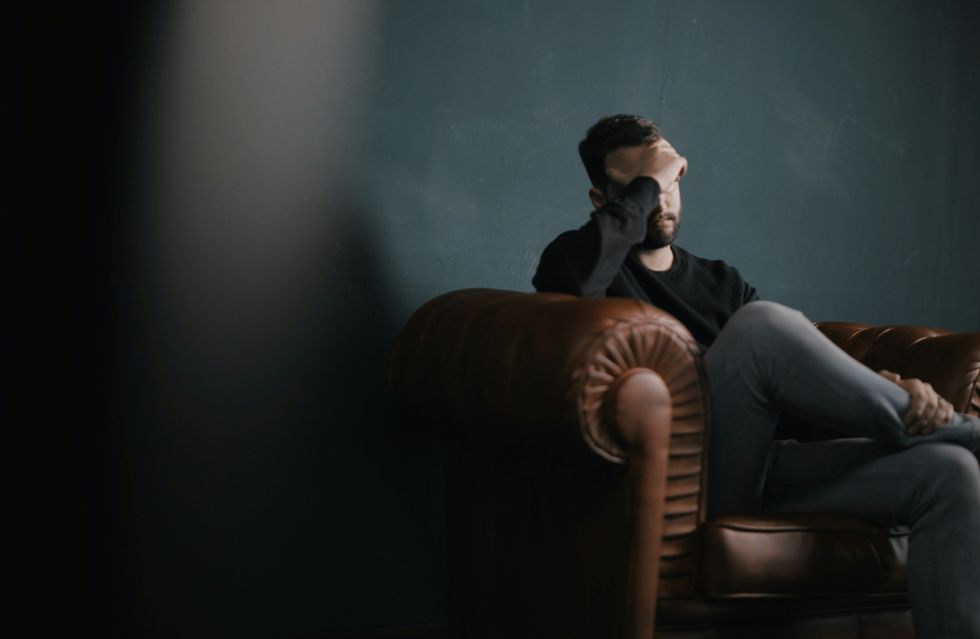 Photo by
Photo by 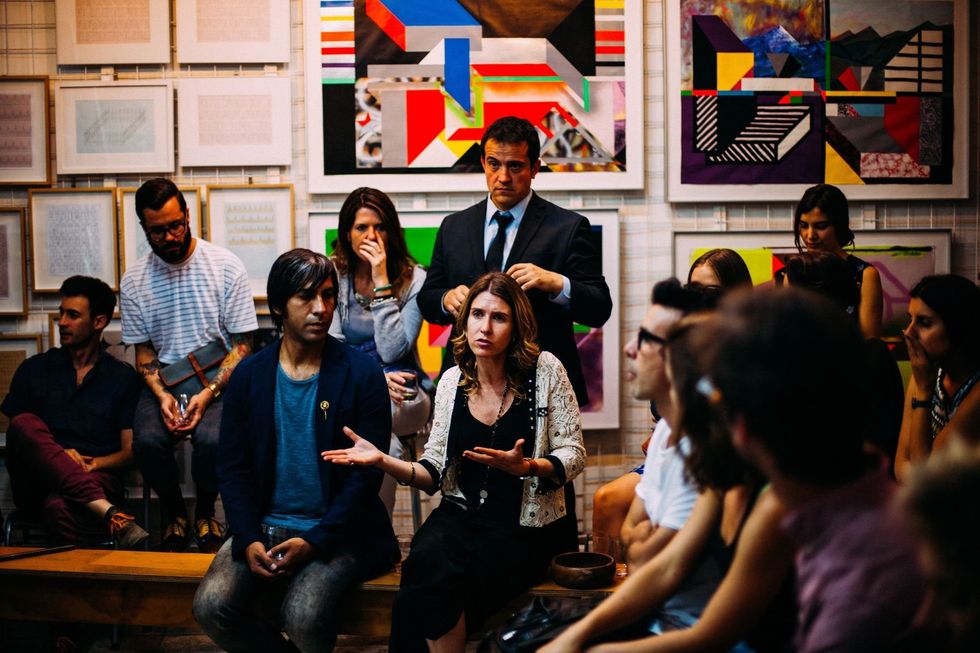
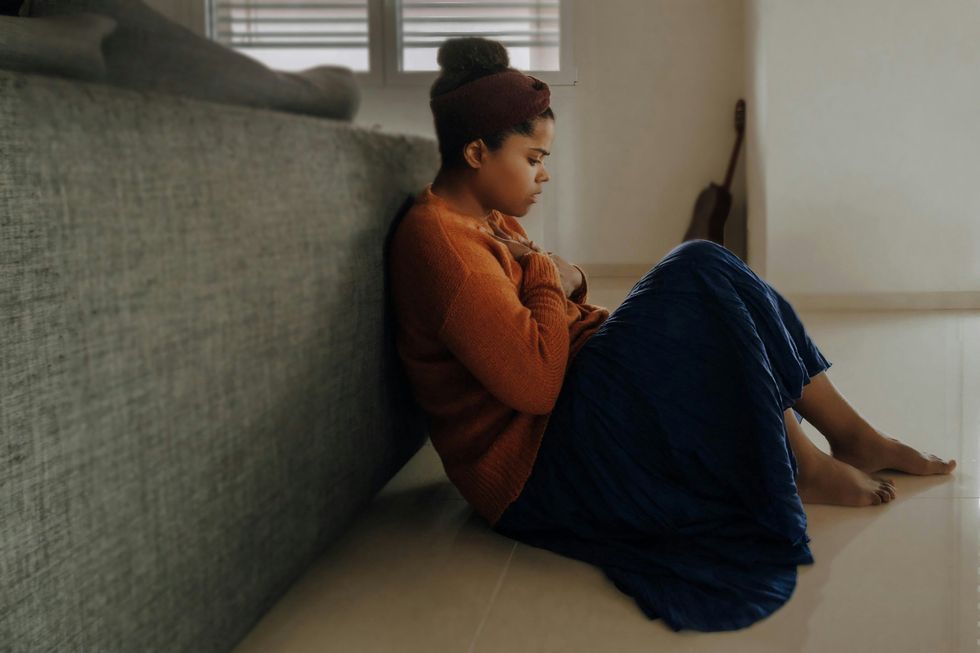 Photo by
Photo by 

 Photo by
Photo by 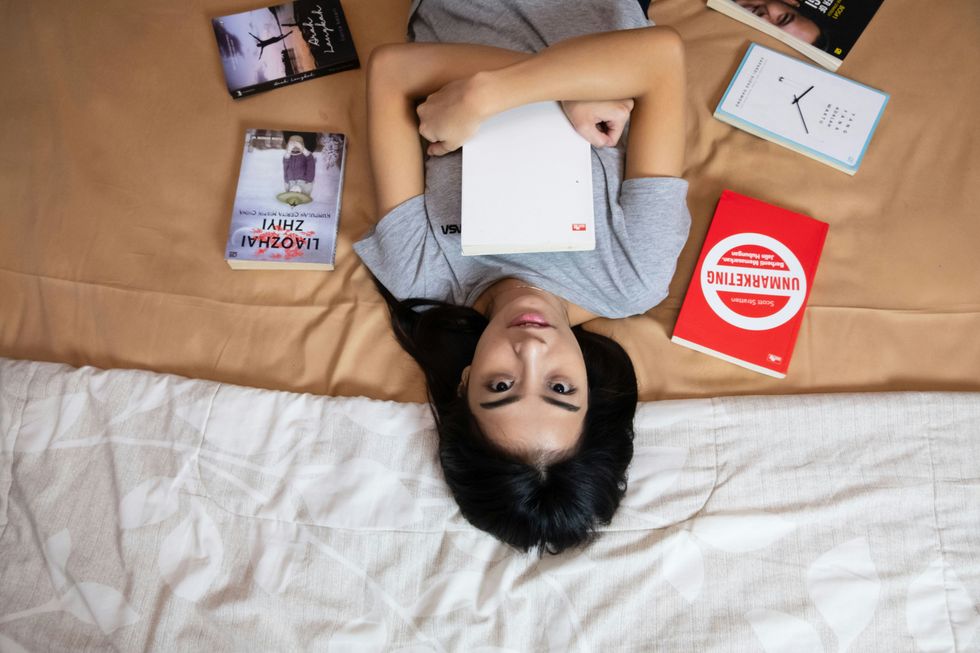 Photo by
Photo by  Photo by
Photo by 